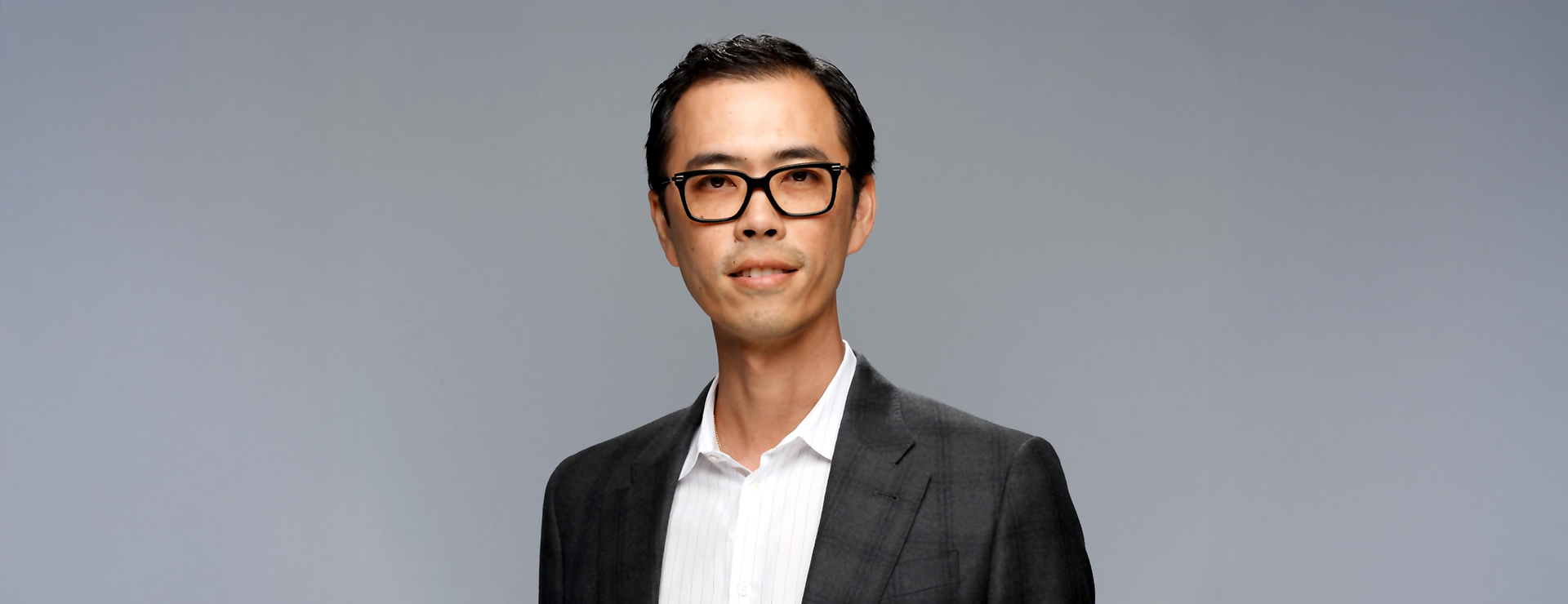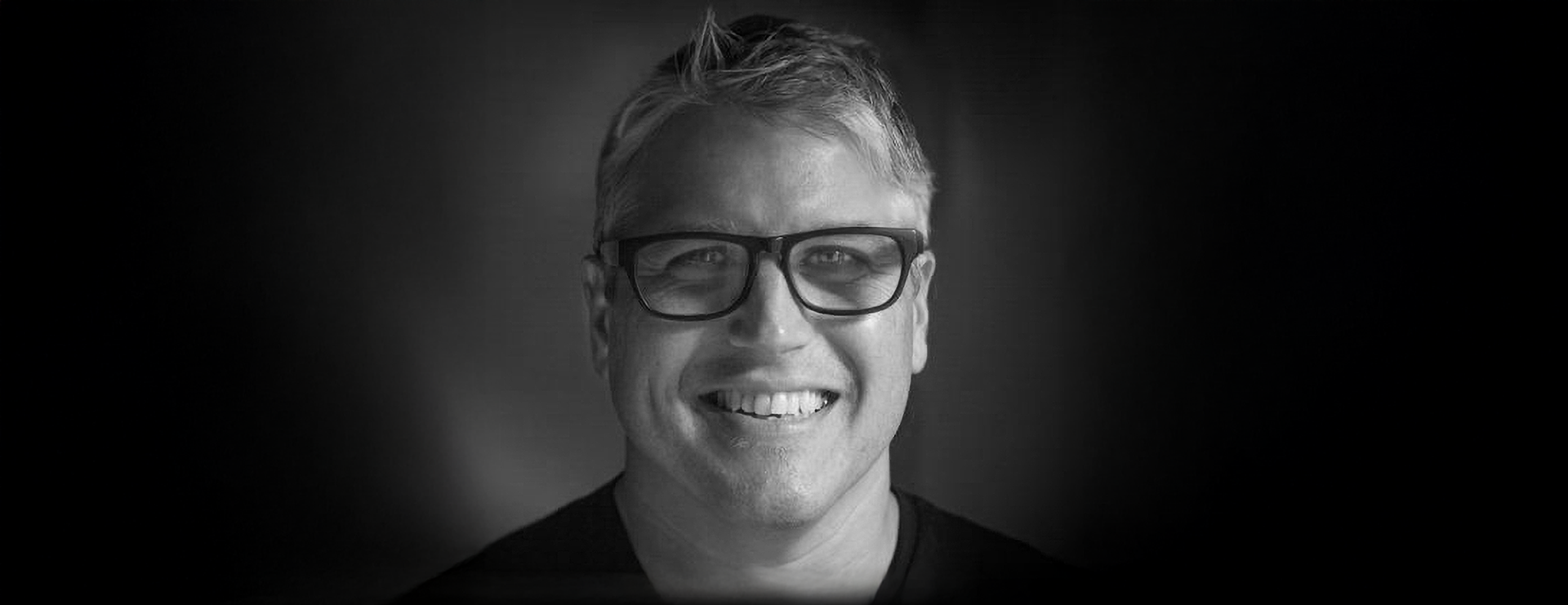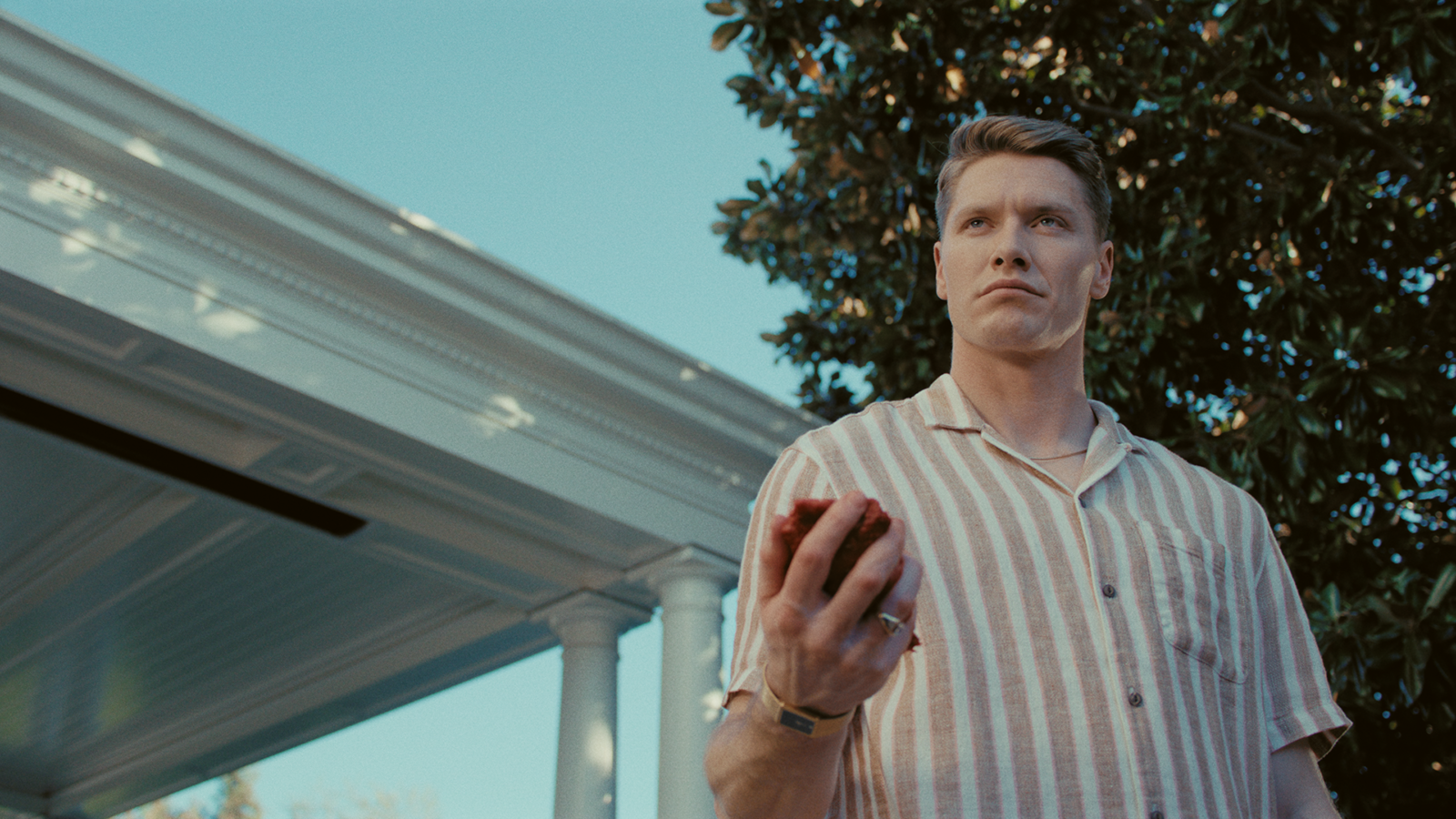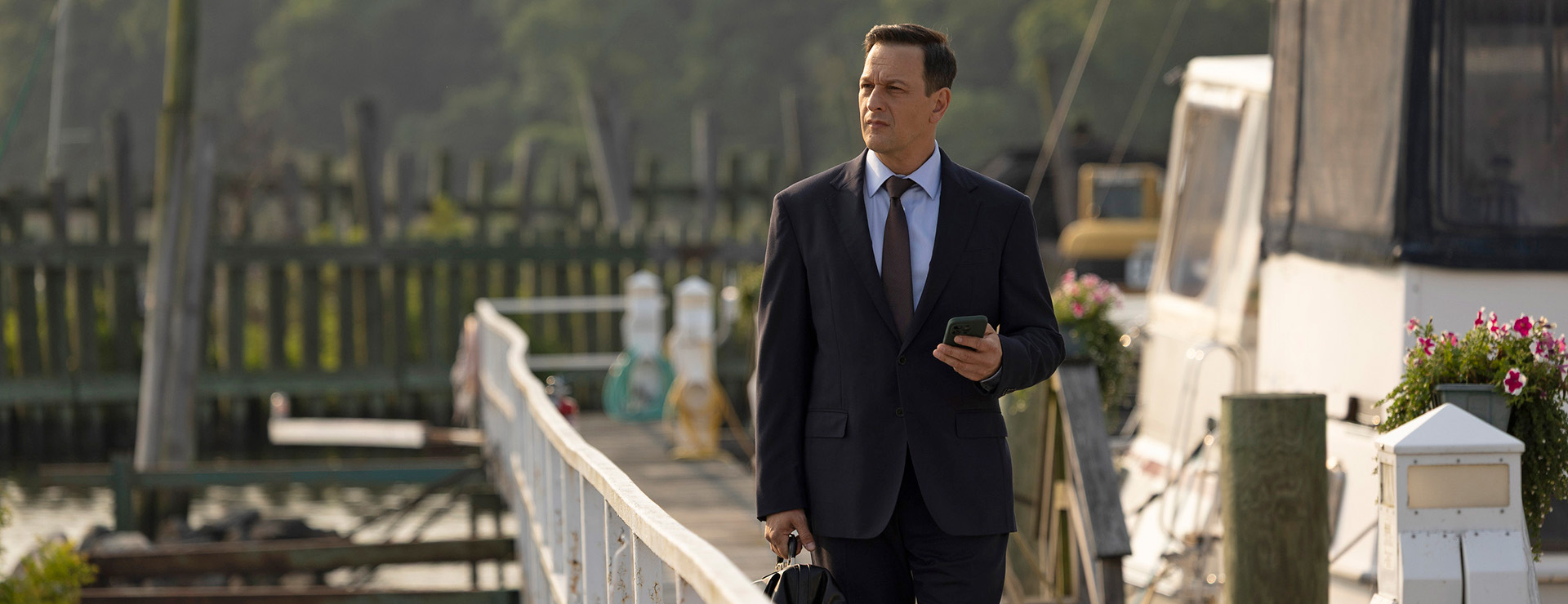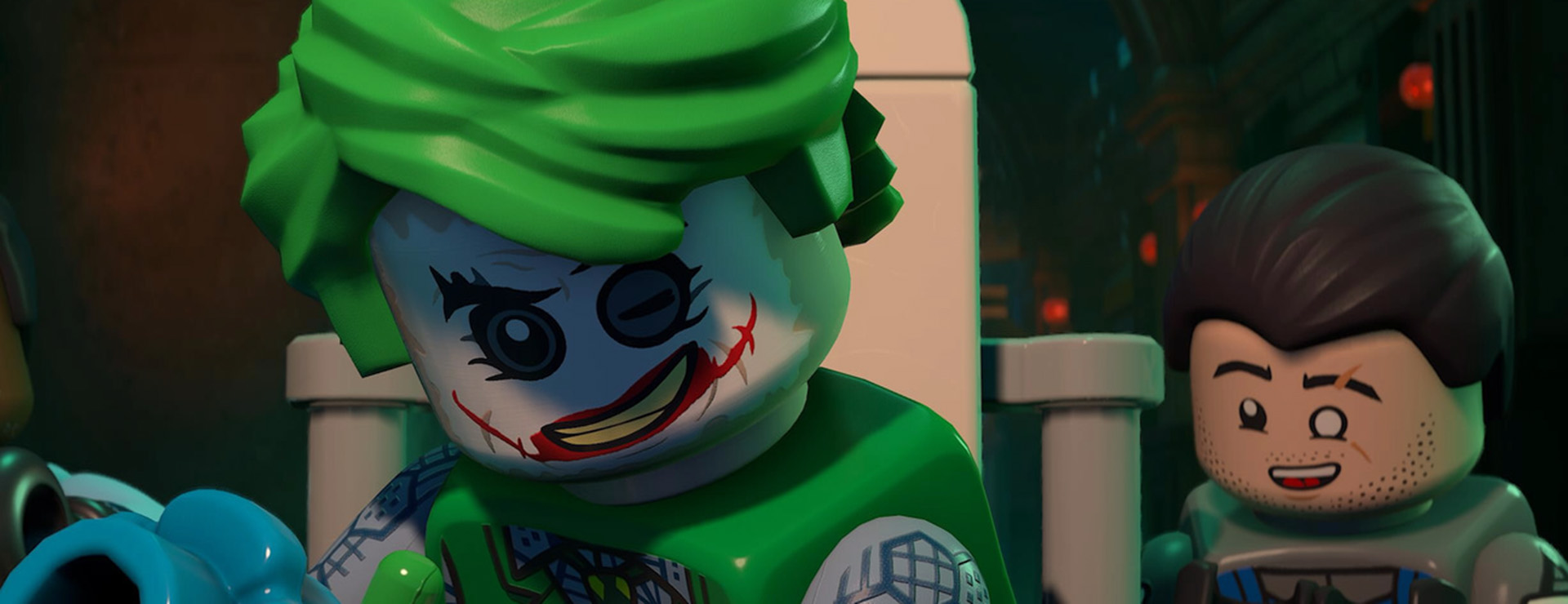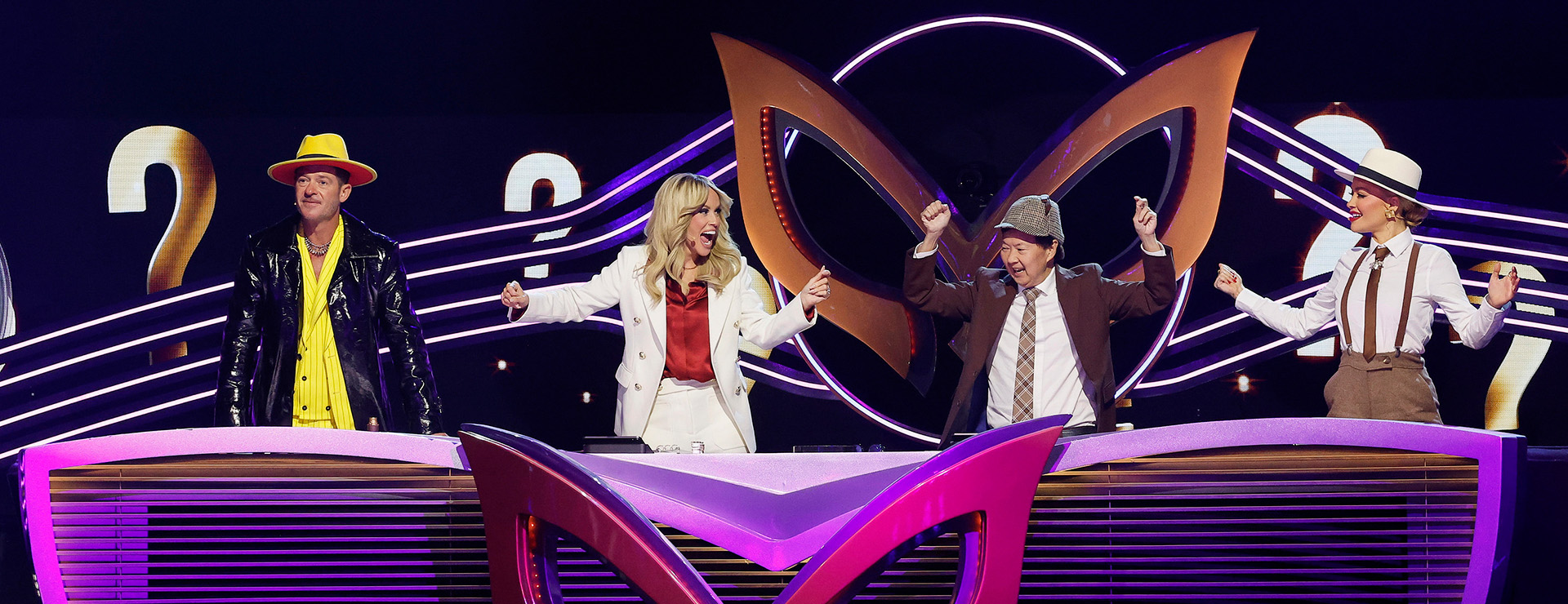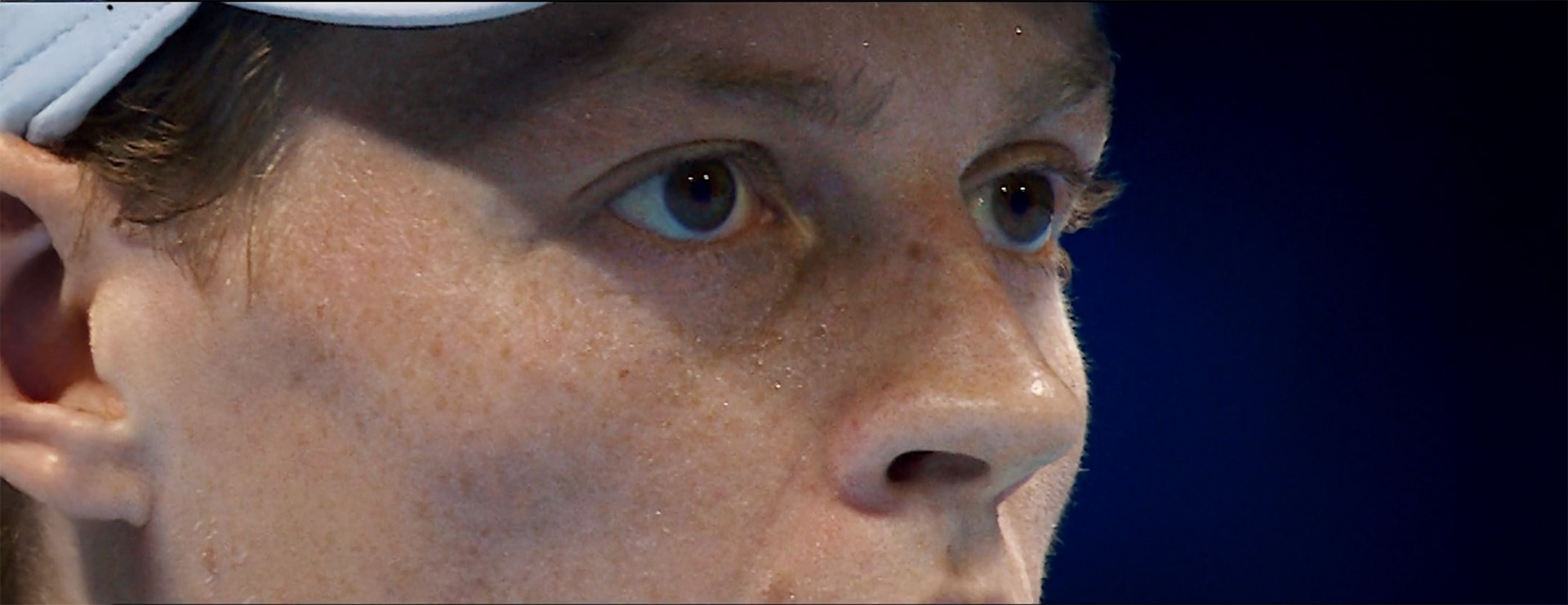Something that Michelle Jackino, principal and executive creative director at Open Road, knows well is that it takes a team to produce successful creative.
That’s not how it started, of course, but Jackino seems to pick up people as she goes and never lose touch or track of them. She attributes her love of pop culture to her parents – her father was a big band musician who gifted her with his own love of music. Her mother was a seamstress with a taste for foreign films – her name, Michelle, comes from the 1952 French film Forbidden Games (Jeux Interdits).
She attended the communications-focused Newhouse School at Syracuse University and then landed an internship at the then-upstart USA Network. From there, she found her way to Los Angeles and Disney, and later to such agencies as New Wave and The Cimarron Group, before she was named senior vice president, creative advertising, at Warner Bros. Pictures.
After her studio stint, she returned to the agency world, working at Ant Farm and Concept Arts before finally landing at Open Road in 2016.
Jackino joined Spotlight during Pride Month to discuss what she would like to pass on to future generations of entertainment marketers and the importance of collaboration in creative work.
Read the edited interview below.
Spotlight: Walk me through your career once you got to Los Angeles after working at USA Network in New York.
Jackino: I landed a gig at Disney, and I got to work on the Disney Sunday Movie as a production assistant running things. I would be remiss if I did not mention that there were two women there who really believed in me. The first was a woman named Deborah Pastoria. The other was Dolores Morris. She's a remarkable woman, and one of the few women of color who I would see on the lot at that time, and we're still very close. She believed in me, and she, at a certain point, said to people in charge of the studio, ‘you know, Michelle should really do the promos for the Disney Sunday Movie. She knows who we are.’ She's remained a very integral part of my evolution in many ways, not just as an executive in the business but as a person.
At Disney, I was writing promos and producing them, but I also was the all-around PA. I think it was Dolores that saw that I didn't mind reading a script but it was clear that there was another path for me. I wasn't going to be a development person.
Ultimately, there was a layoff. One just happened this week; I was part of one of those many years ago. It was after Dolores was gone from Disney, but it ended up being a blessing in disguise, because I found my path at New Wave when they had a trailer shop.
The team at New Wave was this oddball explosion of talent – editor Bill Neal, Bob Thompson, who is now a senior editor here, and Alan Baral, who now co-owns Open Road with Lon Moeller. We all had this weirdo talent, this very nerdy talent for doing these sorts of pieces.
I stayed on the agency side for a long time. I was at New Wave for a while, and then I got the opportunity to go to The Cimarron Group and work on a greater variety of projects. I suddenly went from doing mostly Disney work to suddenly working on prestige movies like American Beauty, Gladiator and Collateral.
That’s where Erik Counter [EVP, global creative marketing, Sony Pictures Entertainment] and I got to know each other. And that was another group of nerds who evolved as a team over time. There started to become a variety of things that I was known for doing with my friends. I have to be clear about that, because I think [being successful creatively is] very much about being a team. If there's one thing about the work I would want to get across is that these are big investments and they involve a team to make happen.
Spotlight: Where did you go after Cimarron?
Jackino: After Cimarron, I got the chance to be a studio executive at Warner Bros. I knew it was a big opportunity, and I was ready for it. What's wonderful about working at a studio is you will get no greater masters program than going to a movie studio. But there is the flip side, which is that at any moment, things can change.
I learned a lot in both of my experiences as both a young person at Disney and then later as an SVP at Warners. I got to deal with different personalities. I learned a lot about shaping an Academy campaign, and about publicists, media buyers and research. There are all these other things that I think when you're on the agency side are a little hidden. You're doing your specific craft. When you're at a studio, you learn a lot about how to get that all out there as a campaign, and the pressure that even your development executives and filmmakers are under.
Spotlight: Are you still mainly on the theatrical side or do you now do everything as principal and ECD of Open Road?
Jackino: This is an exciting time. Where I am now and where the business is has aligned with who I like to be. Don't get me wrong – I love movies, but those movies may be releasing in theaters, they may be premiering on a streamer, and interestingly enough, we’re also doing a lot of series and documentary work. As a person who loves all things pop culture, it's been a continued love on a broader level, because there's a lot of cool stuff out there right now. For all of the tough stuff that's happening with all the naysayers talking about the consolidation of this business – and that’s happening, there's no way to get around it – I would hate for us to lose sight of the fact that we all love doing this work.
Spotlight: What advice would you give people who are just getting started in this business?
Jackino: One of the things I tell young people is you have to cultivate your own brand first and be specific in any interview about what it is you want to be and where you see yourself.
I was looking back recently, just reflecting on my own career, and I remember when Dolores at Disney said, ‘I think you'll be good at this’. And she was right. I understand that young people want to get in the door. I get that but you can say, ‘I'll do anything to get in the door, I'll do any gig, but in the next X number of years, I want to be this person. This is what I see my brand as. I see myself being an editor. I see myself starting as a copywriter and then being a producer. I see myself designing a poster. I really want to be in digital strategy.’ I would urge young people to do that, to always remember the second part of the statement.
Spotlight: What do you think makes a great marketer, and how does that align with you?
Jackino: Maria Pekurovskaya at Universal says that we as marketers are pop-culture psychologists. And I think you have to be. You could be great at writing copy, you could be great at editing a trailer. But, for example, when I worked on V for Vendetta, myself and others had a weird gut about that film. There was a sense in the country at the time that it was time for people to rise up in whatever way that meant. There was a group of us that really understood that this was the time for that film, and it was right, and it worked for what that movie cost. It did open, and we went out there with concept art that was modeled on propaganda posters.

Spotlight: I’ve been asking this question a lot lately but in light of what you just said, how much do you feel like you rely on data to help you tell a story or market a campaign at Open Road versus how much you rely on your gut?
Jackino: I think it's a combination of both. If you rely too much on one or the other, you potentially have problems. But it's like a combo platter. You really do have to find a balance between data, your instincts, and the other campaigns you've worked on. Data isn't just about what you're learning or tracking. It's about comps and things you've learned over years. There needs to still be a willingness to take some chances.
I feel like a good example of something that was a good combination of pop-culture instinct and data is the Wolf of Wall Street trailer.
If you really were to diagnose it, the reality is at that point in time, Kanye was huge. He had just put out that song (“Black Skinhead”). That's pop culture. When I wrote that copy line (“More is never enough”), it was originally about my parents’ divorce, and about how my father had changed. I guess in a really crazy way, I should thank my parents for their kooky marriage, because great copy like that came from it.
Spotlight: There's so much talk about how the movie industry has changed. How has movie marketing changed?
Jackino: I think it's interesting, because if you're competing against anything, in some ways, it's the fan base. They start generating their own opinions so quickly, everything has to be digested more quickly and repeated more quickly.
We have to figure out how to get people into theaters at a time when their choices are vast. You could stay home and watch something over and over again on Netflix. Or maybe the new John Madden football game is coming out and young males are going to stay home and play that video game that weekend instead of going to the movie theater.
And the economics have really changed, not just for the agencies, but for the consumer. I have a dear friend, who's got two young kids. By the time you add up what she, her husband, and their two kids spend to go to a film we're talking about a $120 proposition. Those are the economics that are scaring us in this business.
Spotlight: Do you think that this changed environment is providing more or less opportunities for agencies like Open Road?
Jackino: I think there's the changed economy of it, and everybody feels pressured by that, but I believe we are going to come out of it. I think it's an exciting time having all these other opportunities. And I think this is a business of passionate people. My hope is that those two things will resolve together. I think it would be wrong to dismiss the economics of what we all do and not be honest about that, but I also believe it is an exciting time with all these different platforms and formats.
Spotlight: Vibrant is an organization that was formed to support the LGBTQIA+ community in entertainment marketing. You just sat on a panel moderated by entertainment marketing veteran Ricky Strauss in honor of Pride. Can you just talk a bit about Vibrant and that panel?
Jackino: When I heard that Vibrant was being formed, I really wanted to, in whatever way I could, get involved. I think a group like that has been needed for a long time. I think all of these various underdogs or marginalized groups wanted to make sure that it was okay to help the community and just really be there for each other and promote each other.
In the case of Vibrant, we realized just how many people within the LGBTQIA space were in entertainment marketing. We all knew we existed, but we didn't realize just how many of us there were. It's been really great for all of us to know that we're here and that we are thriving, and that we all really want to help that next generation.
Spotlight: It’s June, which is Pride month. What does Pride mean to you?
Jackino: I really struggled with being myself when I was younger, because I came from a strong Catholic background, and I didn't want to hurt my mom or dad but I had to come out. It just wasn't good, mentally or physically. For me, Pride means helping that next generation. I don't want any other kid to feel the way I felt. Someone did it for me, a group of people really helped me. I would like to be there for the next generation of young people, even if it’s just being there for them in their career.
During the Q&A at the Vibrant panel, a young woman asked if we thought that putting the word ‘queer’ on her LinkedIn page would be a deficit. Young me really connected to that. I was like, ‘no, you should be you. It's part of who you are.’ I think if we can help those young people get to where they want to be and also be themselves that's a huge gift we can give them. I would argue it's not just a duty, it's an honor to do that. Because somebody helped me, whether it was Dolores in my career, or seeing people like Bill Neal or my friend Amy Jupiter, who is a producer. Having those examples helped me.
Spotlight: Do you think people in the entertainment industry still see being queer as a deficit? Do you feel like people still have to censor their identities to get hired?
Jackino: When I was younger, I thought that it was okay for others to be gay, but not me. And when I was much younger and struggling with it, yes, I saw it as a deficit. But here's the reality: it's a superpower, particularly in marketing. Here's why: when you are an underdog or marginalized in any way, you have an antenna. We’re acutely aware of who the underdog is in a movie or a series. A lot of movies are really about the underdog rising up. I think there is a little bit of always needing to prove something with us. I also think we’re ridiculously thorough. And our peeps love pop culture. Whether it's fashion, music or movies, we love to find our icons, whether that’s Betty Davis or Jennifer Coolidge or Coleman Domingo.




